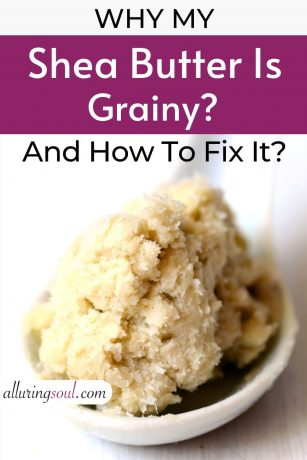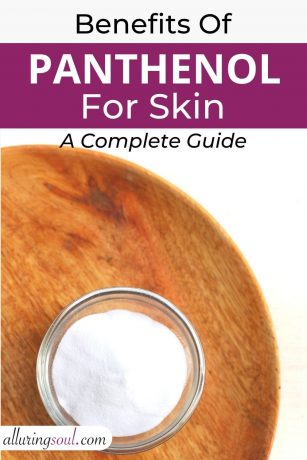Shea butter is one of the most-used natural butter in beauty products and DIY beauty recipes.
It’s important to know about the factors that affect shea butter’s shelf life and what can be done to increase it. Hence, in this post, I have rounded up all the essential information you would need.
What Is Shea Butter Shelf Life?
The shelf life of unrefined shea butter is up to 24 months from the date of manufacturing and packaging.
However, this is valid only if the storage is done right from the time of opening its seal as temperature and storage play a big part in affecting the shelf life of shea butter.
Also, refined shea butter has a considerably longer shelf life than unrefined shea butter.
How To Tell If Shea Butter Is Rancid And Expired?
If shea butter gives out an unusual smell, it means the shea butter has gone bad, and it should not be used anymore.
Shea butter expires due to the oxidation of the oil.
It would be best if you immediately stopped using expired shea butter as it can damage the skin. It will do more harm than good.
However, if you are using unrefined shea butter and you’re new to it, chances are you might mistake the quintessential nutty and smokey smell of the butter for rancidness.
A rancid odour of shea butter is similar to the smell of bad olive oil or a rotten egg, while a smokey smell gives more of a burnt scent.
How To Store Shea Butter?
Here are some tips for storing shea butter which can help increase the shelf life.
- Use a zip-lock plastic bag, airtight glass jar, or just a plastic container with a lid to store your shea butter
- Keep air and moisture out of the storage container.
- To avoid shea butter from developing mold, store it away from water to prevent it from making contact with the shea butter, as it will create the perfect environment for yeasts to grow.
- Store it away from direct sunlight and heat. The best option here is to store it in a cool dark place.
Can You Freeze Shea Butter? Should You Put It In The Fridge?
Putting shea butter inside the fridge is a common practice, and it is not wrong.
If you live in a hot zone, your room temperature will most likely soften up the shea butter, and it will melt. Hence it would be best if you stored the shea butter in the fridge.
Shea butter will start melting if the temperature is above 75 degrees Fahrenheit. And the continuous process of melting and solidifying will lead to grainy shea butter. Hence, in this scenario, it’s best to keep it in the fridge.
Moreover, freezing shea butter is not necessary, but it will also not harm the butter.





No Comments